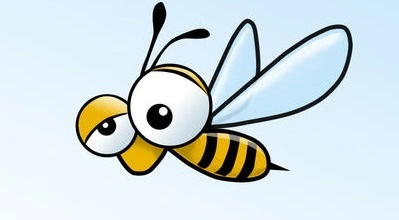I doubt the headline is accurate as far a meat lovers go, but this was pretty amazing to read. Looking into the company further after reading the article, I found it’s still only in round B of series funding, so it’s not yet moved out of initial investment rounds and a ways off from making the initial public offering (IPO) stage. Pretty amazing they have done so much since beginning in 2016. According to CBInsights, to date they have a modest 56.1M invested in the company. The claim that “duckweed may become humanity’s first new major crop in more than a century,” seems farfetched but at the rate they are advancing the tech, quite possible if investment holds imho.
If it’s truly tasteless and dissolves completely in water, yet can bind like eggs, that opens up a huge range of applications. Really hope they’re able to scale up production.
Duckweed is already eaten in a few places. Interesting to see them using it to extract Rubisco on a large scale. Hope they get all the kinks figured out. Long live plant proteins.
I didn’t see mentioned anywhere what happens to the plant waste once the 1% of protein is extracted, but this is really neat! Definitely hope to hear more about it.
It could be a good combination with bioenergy
This is fascinating. Perhaps the plant protein as meat substitute is getting too much focus? Maybe that’s just the part that is seen as potentially the most profitable. I wonder if that’s shortsighted compared to using the whole plant as a potential food source.
I was familiar with duckweed’s use in aquaculture systems, but not with the fact that duckweed is actively consumed and quite edible: Nutritional value of duckweeds (Lemnaceae) as human food
The application of selective pressure to work on making domesticated forms is cool. The rapid generational cycle of just a couple days has got to make that nicer to work with. We have better abilities today than in past centuries to leverage artificial aquaculture. Though again, I think I that we should not overlook consuming the whole plant, it’s definitely interesting considering how it could be fractionated into different components. If processed to extract specific protein content, I could imagine that the rest of the slurry byproduct could still have uses in human nutrition, fish feed, fertilizers, and more. Growing duckweed also captures carbon from the air.
This looks awesome






